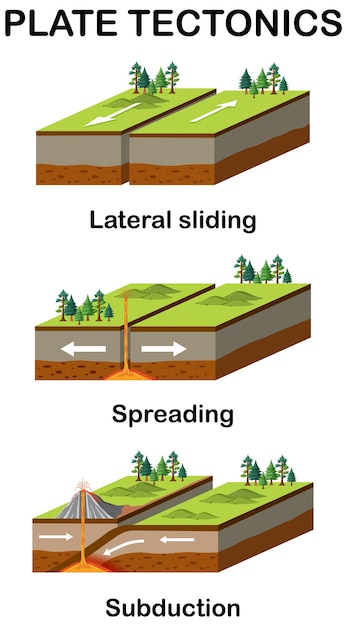
Grounding, also called ‘Earthing,’ is a practice that reconnects you to the Earth’s natural electrical energy. When you touch or stand on the ground, you are grounding yourself, allowing your body to absorb electrons from the Earth’s natural charge. Our bodies carry a positive charge, while the Earth has a negative charge, which is the basis of grounding.
Some scientific theories suggest that grounding can help release excess energy from the body, potentially improving overall health and wellness. By connecting to the Earth’s energy, we might reduce stress and anxiety and help our bodies function better. For example, grounding is believed to reduce chronic inflammation, boost the immune system, and relieve stress.
Grounding aims to help us focus on the present moment, reducing anxiety and stress. Various methods include using grounding mats, straps, sheets, patches, and specialized shoes that mimic direct contact with the Earth. Here are some simple steps for grounding:
1. **Go Barefoot:** Walking barefoot on grass, soil, or sand allows your body to absorb the Earth’s electrons naturally. This simple technique can help reconnect you with the Earth’s natural energy.
2. **Lie on Natural Surfaces:** Lying on grass, sand, or dirt can help reduce chronic inflammation and free radicals by absorbing electrons from the Earth. It also boosts mood, reduces stress, and can improve overall well-being.
3. **Water Immersion:** Natural water sources like lakes, oceans, streams, and hot springs are rich in minerals and can enhance the grounding process. Immersing yourself in these waters can reduce inflammation, increase energy, and improve mental clarity, along with better sleep patterns.
For those without easy access to natural settings, grounding devices like mats, bands, or specialized footwear can replicate the effects. These tools connect to the Earth via grounded electrical outlets or soil rods, benefiting those in urban environments by providing similar wellness effects.
Higher cortisol levels deplete the body’s energy reserves and are closely linked to stress. Grounding may help combat mild chronic fatigue and inflammation, which can cause pain and reduced mobility from conditions like arthritis. It can also aid in managing anxiety, depression, and sleep issues by harmonizing cortisol levels and improving sleep quality.
Grounding has cardiovascular benefits by reducing blood density and lowering blood pressure, improving circulation, and reducing heart disease risk. By addressing inflammation and stress, grounding supports heart health.
Grounding fosters a sense of balance and stability by helping individuals connect to the present moment. Techniques such as walking barefoot, deep breathing, or focusing on bodily sensations can decrease anxiety and stress. Regular grounding, even for as little as 20-45 minutes a day, can yield significant benefits when integrated into daily life.
